SAN FRANCISCO, March 30, 2022 (GLOBE NEWSWIRE) -- In Southwest China, there is a hidden paradise on earth, where the "water originates from the Yangtze River and the mountains extend from Kunlun," as the saying goes. To let more people know about China's Guizhou Province, the People's Daily Online West USA Inc specially launched the "Magic Guizhou" series.
On this land, countless rivers, both big and small, run through the ravines of the steep and lush mountains. This remarkable land is home to a variety of ethnic groups. For thousands of years, the people here have been maintaining a respectful and harmonious relationship with nature. This is Guizhou, the place of wonders and colors.
In the hinterland of Guizhou live the Miao people who migrated to Guizhou 4,000 years ago.
Sharp and loud gunshots breaking through the morning quiet start each day for the Miao people living on Yueliang Mountain. Yisha in Congjiang County is home to the last riflemen's group in China.
When distinguished guests arrive in the village, the men fire gunshots into the air in a welcoming salute. The riflemen hold the utmost respect for nature. The Miao people in Yisha are spiritually bound to their designated trees.
There are three trees in each person's life. When one is born, adults plant a tree in the child's name to guard them throughout their lifetime. The person worships and pays homage to that tree on the new year or on any major festival. When the person dies, the tree will be cut down to make the casket.
Before every child enters adulthood at 15 years old, a well-respected figure in the village assigns a tree to the child. The tree is called "Xiaozaishu" (meaning "tree that prevents bad fortune"). From childhood to adulthood, the boy or the girl has to frequently worship and pay homage to their tree. The people here believe that everything in nature has a spirit and humans have to be respectful and grateful to nature, instead of trying to exploit or possess it.
The third tree in life is called "Changqingshu" (meaning "evergreen"). The tree is planted right above the burial site after someone passes away, signifying that life continues in another form after death into another cycle.
In Yisha, people connect with life through their trees and with their ancestors through their hair. For men in Yisha, having a haircut is a tremendous event. The hair-shaving ceremony seems simple, but it embodies deeply rooted bonds between people and their ancestors. The braid on a man's head also symbolizes a tree. For that reason, the "wild grass"(means the hair around the braid) has to be mown every once occasionally to guarantee better growth of the "tree."
Guizhou is blessed with rich and colorful cultures and customs. They are embroidered into garments, blended into songs. These cultures and customs are both tangible and intangible assets deeply rooted in this land, where they continue to thrive and shine with their uniqueness.
CONTACT:
Amy Zhou
Phone: 919.564.8043
Email: usawest@people.cn
Related Images

Image 1
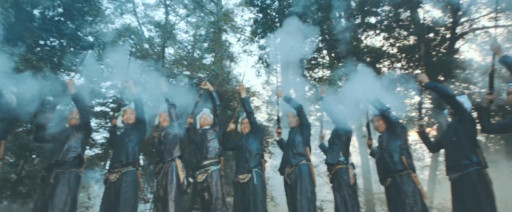
Image 2
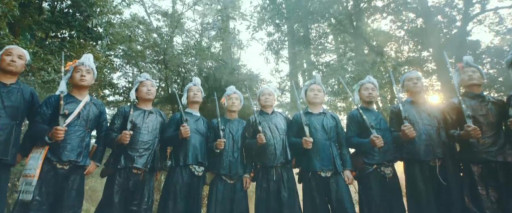
Image 3
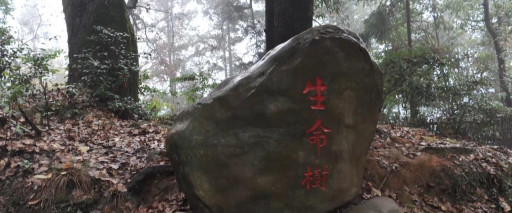
Image 4
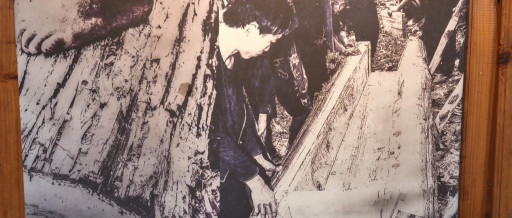
Image 5

Image 6
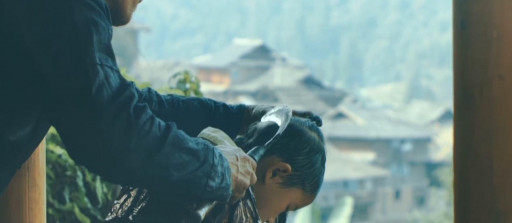
Image 7
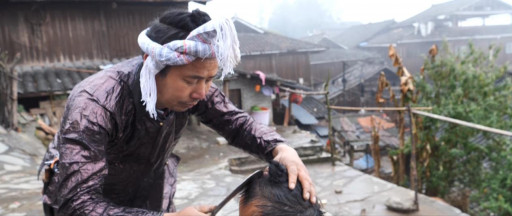
Image 8
This content was issued through the press release distribution service at Newswire.com.
Attachment
